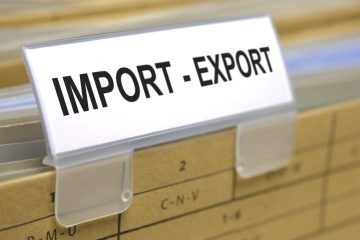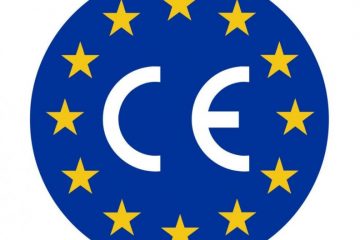Beci International is at the service of companies in the Brussels-Capital Region wishing to develop their international activities, whether exporting goods or services, or importing.
Being part of the Enterprise Europe Network, present in over 60 countries, our BECI experts can help you in the following areas: European and international regulations, access to foreign markets, contacts with suitable foreign partners and international public procurement.
Take advantage of their experience by contacting us and receive information, practical advice and contacts abroad to help your business grow through exports and/or imports.



